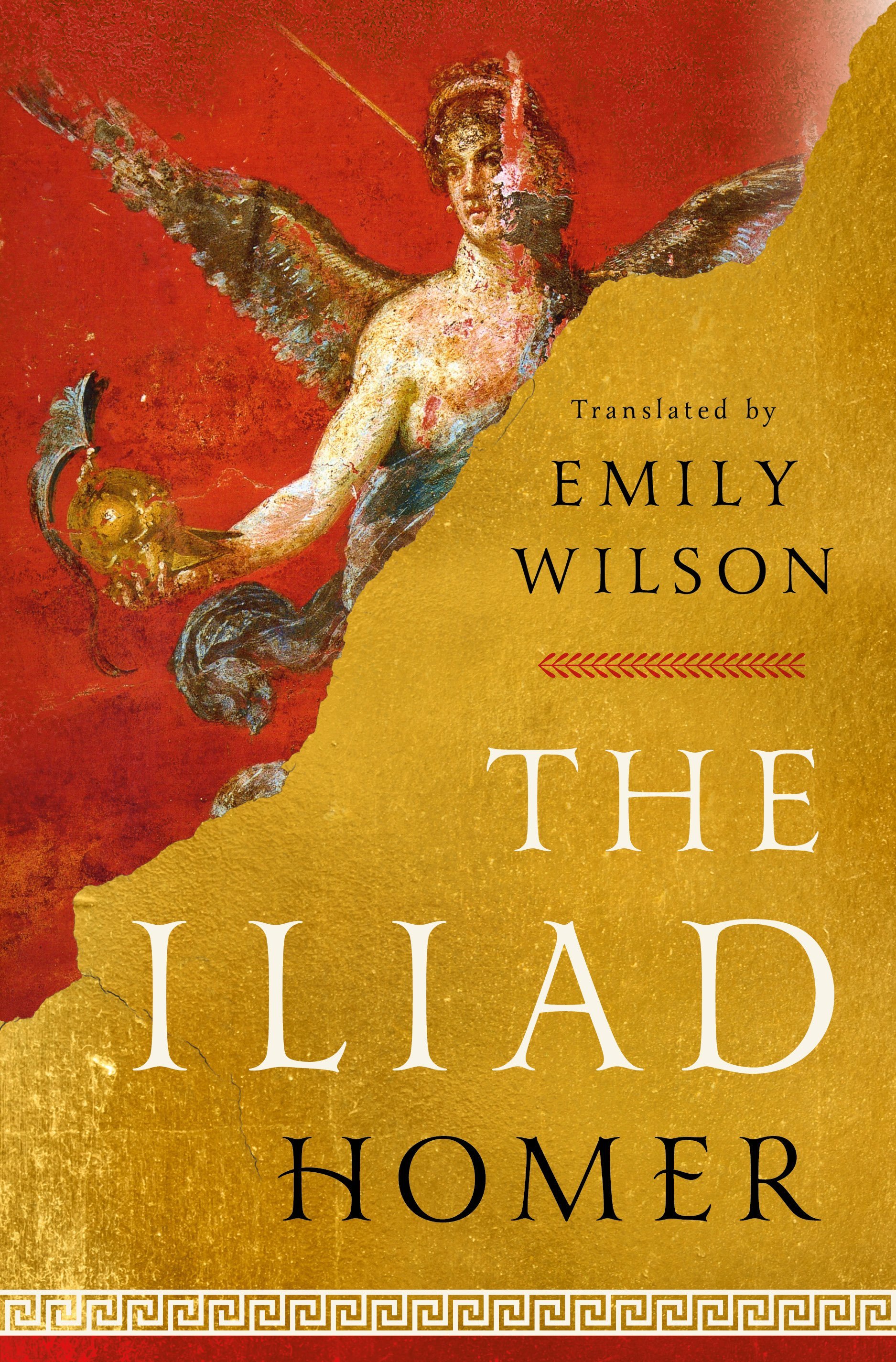The Iliad
Any moment might be our last. Everything is more beautiful because we’re doomed. You will never be lovelier than you are now. We will never be here again.
Note: I read Emily Wilson’s translation of this text.

Recently, I’ve been obsessed with the bullet hell game Hades, where the objective is to escape the gates of hell as Zagreus, Hades’ son. As he climbs through Tartarus, he is gifted help from the gods, who try to pull him out and help him reach Mount Olympus. As my knowledge of Greek mythology was hazy due to my last exposure being the Percy Jackson series, I took it upon myself to dig a little deeper.

The Iliad is an ancient Greek epic attributed to Homer. Taking place during the ten-year Trojan War, it narrates the fierce battles and events during the weeks of a disagreement between King Agamemnon and the godlike warrior Achilles.
The best way I can describe this poem and the overarching war is like a chess game - one of brutal, graphic warfare, where the strong-willed Greek warriors attempt to besiege the city of Troy defended by the Trojans. Imagine, however, that the standard rules of the game are thrown away, as the Greek gods can intervene at any point as they see fit. The dysfunctional relationship between the gods, particularly Zeus as the king of the gods, and Hera, constantly shows favoritism deeply rooted in the history of this family. The gods protect their children from the gates of Hades, craft the finest weapons for those they wish to entertain, and invoke emotions on the side they favor. Interestingly, the gods are as flawed and jealous as the mortals who fight below them.
While the beginning and end of this poem feature beautifully complex moments, books 4 through 13 can be a bit of a slog. Homer attempts to provide meaningful stories for each character facing life or death, but it quickly devolves into a roll call. This approach works well for key characters with twisted backstories, but when Homer fails to weave psychological complexity, it falls short in evoking any response.
It feels somewhat unfair to be critical of this work considering it was written 3,000 years ago. While the themes of sex and violence form the backbone of this storytelling, I couldn’t help but wonder if Homer is hinting at much more than just a two-way battle. Do these characters serve as warnings to prevent our egos and honor from rotting our flesh? Is our fate sealed the moment we come out of the womb?
Why so much grief for me? No man will hurl me down to Death, against my fate. And fate? No one alive has ever escaped it, neither brave man nor coward, I tell you - it’s born with us the day that we are born.
Overall Rating: 8/10
